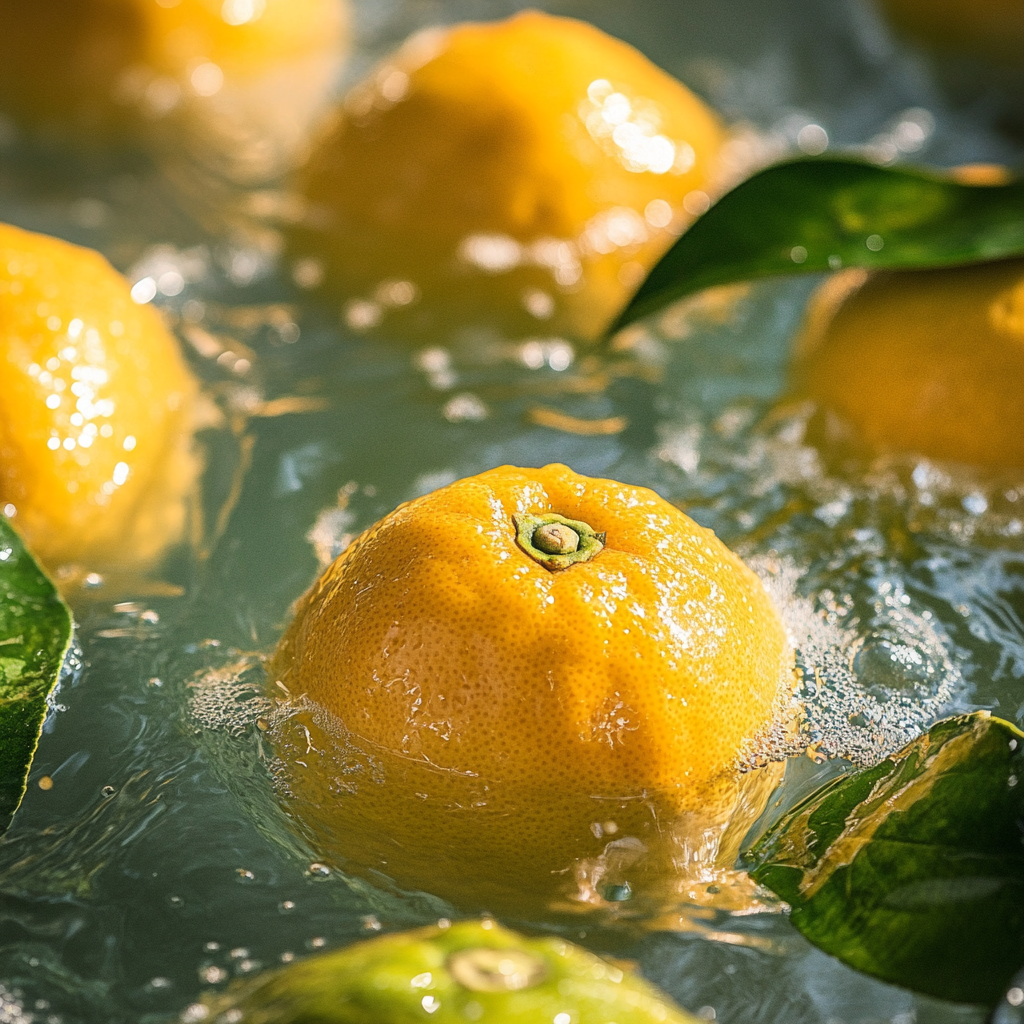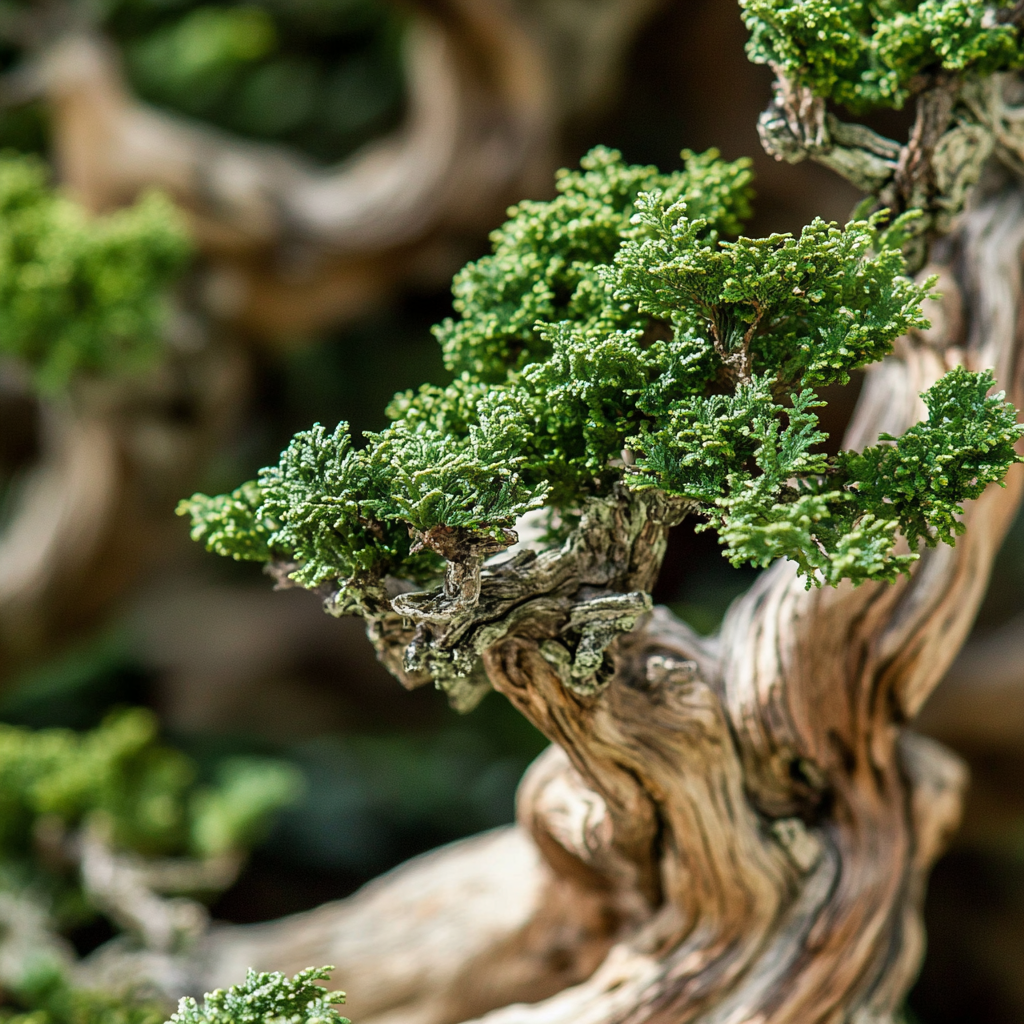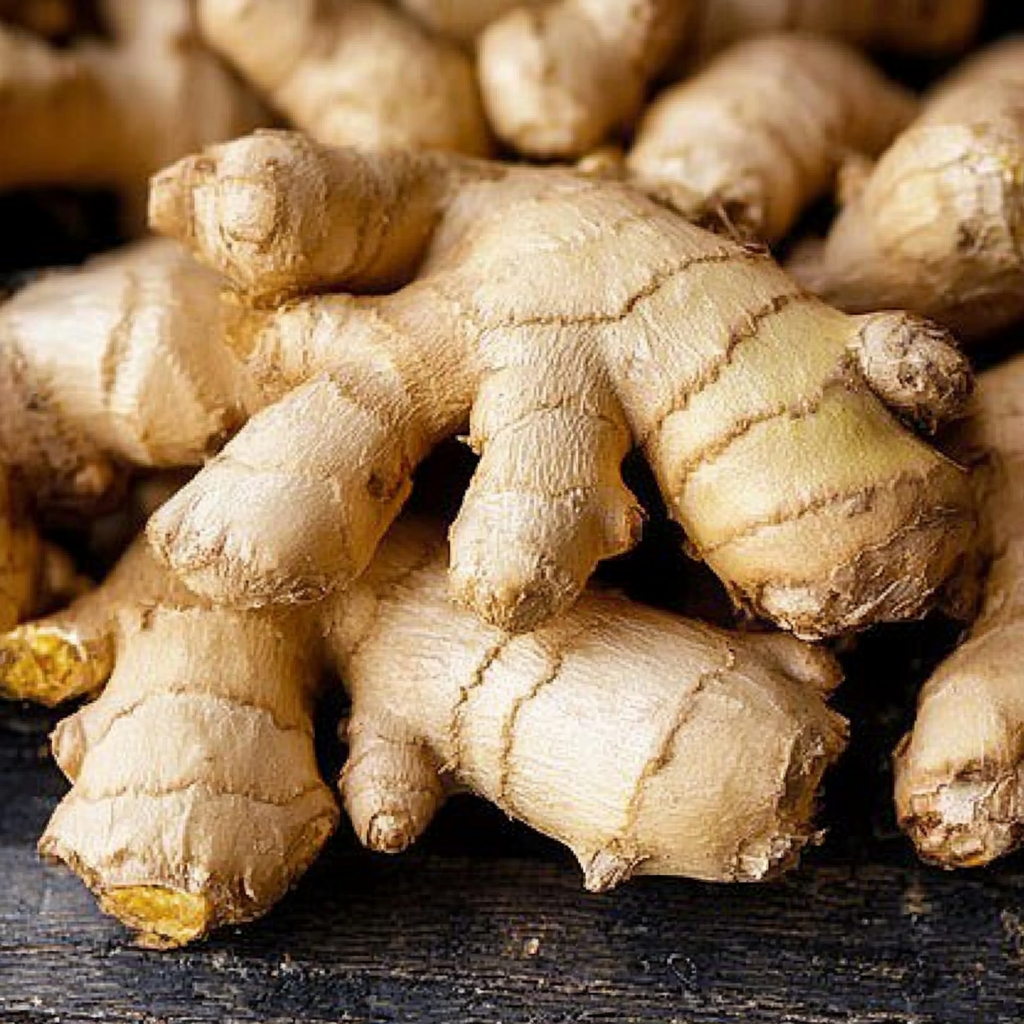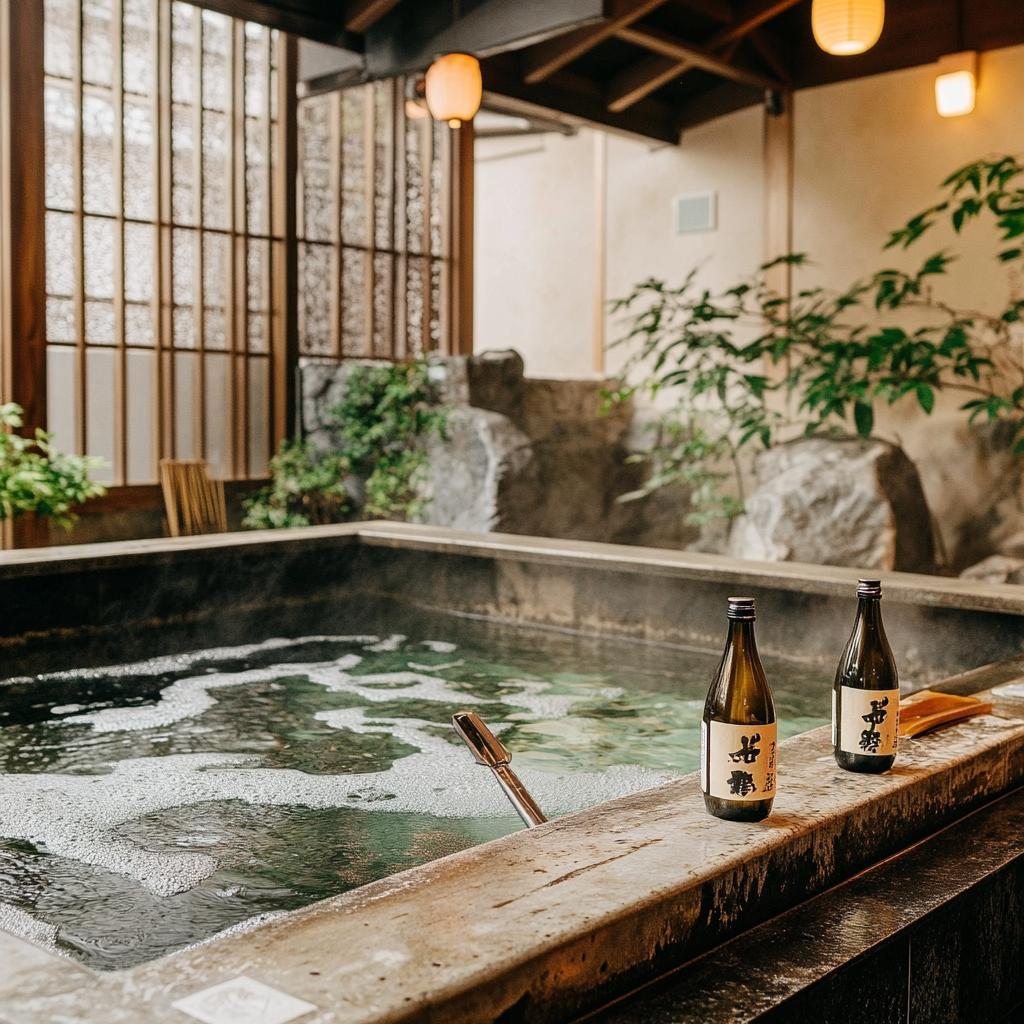8 Traditional Japanese Bath Herbs for the Ultimate Onsen Experience
For centuries, the Japanese have embraced the art of bathing not just as a daily ritual, but as a form of healing and self-care. The practice of Toji (湯治), or “hot water therapy,” involves soaking in mineral-rich waters infused with natural herbs to restore the body and mind.
If you’re looking to bring the magic of Japanese onsen healing into your own bath, these eight traditional herbs—used in yaku-buro (medicinal baths)—offer the perfect way to create a luxurious spa experience at home.
1. Yuzu (柚子) – Citrus for Relaxation & Immunity
A warm yuzu-infused bath isn’t just soothing—it’s a cherished Japanese winter solstice tradition. The fragrant citrus oils calm the mind, boost circulation, and strengthen the immune system. Plus, the fresh, zesty aroma is an instant mood booster, turning your bath into a luxurious escape.
2. Hinoki (檜) – The Calming Power of Japanese Cypress
The warm, woodsy scent of hinoki is a staple in high-end Japanese spas—and for good reason. Known for its antibacterial properties and stress-relieving aroma, hinoki baths can help improve sleep, purify the air, and melt away tension. Bathing in hinoki-infused water feels like stepping into a tranquil forest.
3. Hiba (ヒバ) – Nature’s Antimicrobial Shield
A rare Japanese cedar, hiba is prized for its powerful antibacterial and skin-healing properties. Traditionally used in hot spring baths to prevent bacteria and promote skin clarity, hiba emits a deep, earthy scent that makes your bath feel like an authentic Japanese onsen retreat.
4. Shiso (紫蘇) – The Secret to Radiant Skin
Rich in antioxidants and anti-inflammatory properties, shiso (perilla leaf) is a natural skin detoxifier. It helps calm redness, soothe allergies, and promote clear, glowing skin. In traditional Japanese medicine, shiso baths are believed to cleanse both the body and spirit.
5. Yomogi (ヨモギ) – Japan’s Herbal Healer
Yomogi, or Japanese mugwort, has long been used in traditional yaku-buro baths to promote muscle relaxation, pain relief, and circulation. It’s also known for its natural warming effect, making it a popular bath ingredient for soothing sore muscles and menstrual cramps.
6. Ginger (生姜) – A Warming Boost for Circulation
If you love warming baths in winter, ginger is your best friend. Adding ginger to your bath helps stimulate circulation, relieve muscle stiffness, and warm up the body—making it the perfect post-workout recovery soak or cold-weather remedy.
7. Green Tea (緑茶) – Antioxidant-Rich Detox
Green tea isn’t just a soothing drink—it’s a powerful skincare ingredient. The catechins in green tea help fight free radicals, reduce inflammation, and prevent premature aging. A green tea bath is like a full-body detox, leaving your skin feeling refreshed and rejuvenated.
8. Sake (酒) – The Secret to Soft, Glowing Skin
Yes, sake baths are a thing! For centuries, Japanese geishas have used sake-infused baths to brighten, hydrate, and soften their skin. The amino acids in sake help remove dead skin cells, leaving you with a silky-smooth, radiant glow. Sake also improves circulation and relaxes the body, making it a luxurious self-care ritual.
Bringing the Onsen Experience Home
You don’t need to travel to Japan to experience these benefits. With Toji Bath Co.’s Japanese-inspired bath salts, you can create a luxury onsen experience in your own tub—blending tradition with modern self-care.



